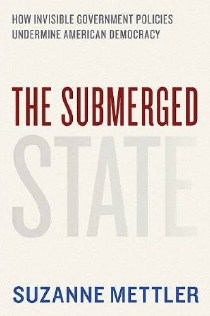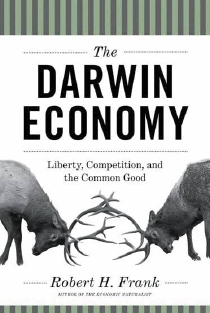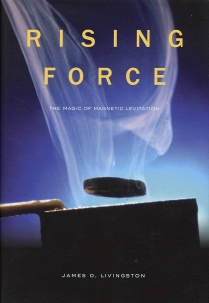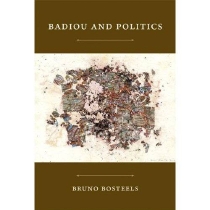BOOKS
More books of interest
North country blood libel
Shirley Vernick's new young-adult novel, "The Blood Lie" (Cinco Puntos Press), began as a Cornell term paper assignment about a community conflict in her hometown.
In her sophomore year, Vernick '83 was taking policy analysis and management professor Alan Hahn's course on community decision making. An assignment over fall break was to identify a community conflict, past or present, and write a paper about it.
While Vernick thought that "no juicy controversies ever happened in my dinky little hometown of Massena, N.Y.," her father told her about the first (and until very recently, the only) blood libel ever reported in the Western Hemisphere. In Massena, just before Yom Kippur in 1928, a small girl disappeared. Jews were promptly accused of kidnapping and planning to murder the girl to bake her blood in their "holiday foods." In the novel, Vernick retells the story through the eyes of several teenagers whose lives, friendships and worldviews are profoundly challenged by the events.
Mettler goes deep into 'the submerged state'
Suzanne Mettler, professor of government, has turned her study on why many Americans are unaware of government social benefits they receive and are therefore hostile to them into a book, "The Submerged State: How Invisible Government Policies Undermine American Democracy" (University of Chicago Press).
Mettler, Cornell's Clinton Rossiter Professor of American Institutions, argues that this perception is not merely a failure of communication; it is endemic to the "submerged state."
In recent decades, federal policymakers have increasingly shunned the outright disbursing of benefits to individuals and families, and favored less visible, indirect incentives and subsidies, from tax breaks to payments for services to private companies. These "submerged" policies, Mettler shows, obscure the role of government and exaggerate that of the market. As a result, citizens are unaware not only of the benefits they receive, but of the massive advantages given to powerful interests, such as insurance companies and the financial industry.
Darwin: economic naturalist
Who was the greater economist – Adam Smith or Charles Darwin? The question seems absurd. Darwin, after all, was a naturalist. But in a new book, "The Darwin Economy: Liberty, Competition and the Common Good" (Princeton University Press), Robert Frank, the H.J. Louis Professor of Management and professor of economics, predicts that within the next century Darwin will unseat Smith as the intellectual founder of economics.
The reason, Frank argues, is that Darwin's understanding of competition describes economic reality far more accurately than Smith's – and that the failure to recognize that we live in Darwin's world rather than Smith's prevents us from seeing that competition alone will not solve our problems.
Frank, who also is an economics columnist for The New York Times and author of "The Economic Naturalist," rests his case on Darwin's insight that individual and group interests often diverge sharply.
Ups and downs of magnetic levitation
"Rising Force: The Magic of Magnetic Levitation" (Harvard University Press) is a popular introduction to "maglev"– the use of magnetic forces to overcome gravity and friction. Author James Livingston '52 takes lay readers on a journey of discovery, from maglev nanotechnology to Chinese trains that travel at 250 mph without touching the tracks. He finds magic in "fighting friction by fighting gravity."
Livingston begins with examples of our historical fascination with levitation, real and fake. He then introduces the components of maglev: gravitational and magnetic forces in the universe, force fields, diamagnetism and stabilization, superdiamagnetism and supercurrents, maglev nanotechnology and more. He explores the development of superconductors that are making large-scale levitation devices possible and the use of magnetic bearings in products ranging from implanted blood pumps to wind turbines, integrated circuit fabrication and centrifuges to enrich uranium.
Bosteels tracks Alain Badiou
In "Badiou and Politics (Post-Contemporary Interventions)" (Duke University Press), Bruno Bosteels, professor of Romance studies, interprets the work of influential French philosopher Alain Badiou. Bosteels draws on Badiou's writings from the 1960s to the present and Badiou's exchanges with such eminences as Jacques Lacan, Jacques Derrida and Judith Butler. Bosteels tracks Badiou's political activities from May 1968 through his embrace of Maoism and his work to mobilize France's illegal immigrants.
This is Bosteels' third book in the past few months. In June, his "The Actuality of Communism" was published, as well as his translation of Badiou's "Wittgenstein's Anti-Philosophy."




